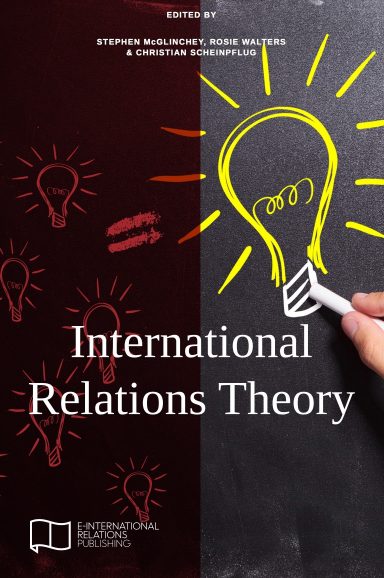
The author avoids jargon and presents the ideas in a way that I think undergraduates would find compelling and accessible. I appreciate the readability of the book. I think the aspects that are current could easily be updated without a complete overhaul of the book. The treatment of the various topics integrates both historical and contemporary cases in a way that makes it relevant without too tied to the publication date. I believe the book is very relevant and up-to-date but not in a way that would make it obsolete. I especially appreciate the efforts to highlight ways the discipline of IR is traditionally taught from a Western perspective, why that is problematic, and to point out differing perspectives. I also think it does a good job being unbiased. I think as an overview of the discipline the book would work well, but would likely need supplemental material - especially with respect to interstate war and international political economy - to fully flesh out an Intro to IR course. However, compared to other introduction to International Relations textbooks, the treatment of conflict and explanations of war is not as comprehensive as I would need for an Introduction to IR course. technology, food) and the short chapters mean the students could quickly gain insights into those topics.

There are many topics that I don't typically cover in an Intro to IR course but that I could see being interesting to students (e.g. The book covers a very wide and comprehensive set of topics in a concise way. Reviewed by Michelle Allendoerfer, Assistant Professor, The George Washington University on 12/17/20 Journalism, Media Studies & Communications.


 0 kommentar(er)
0 kommentar(er)
